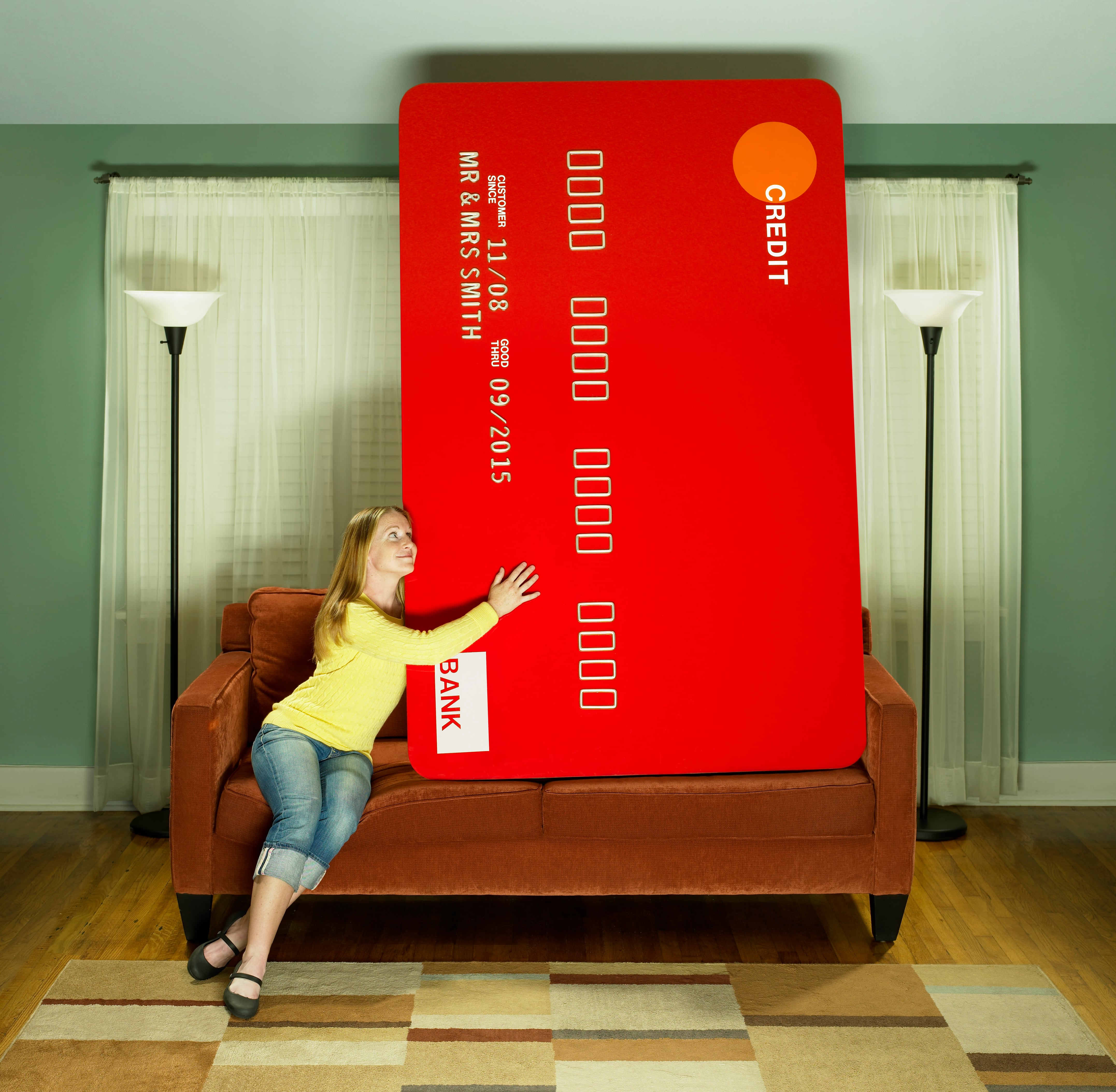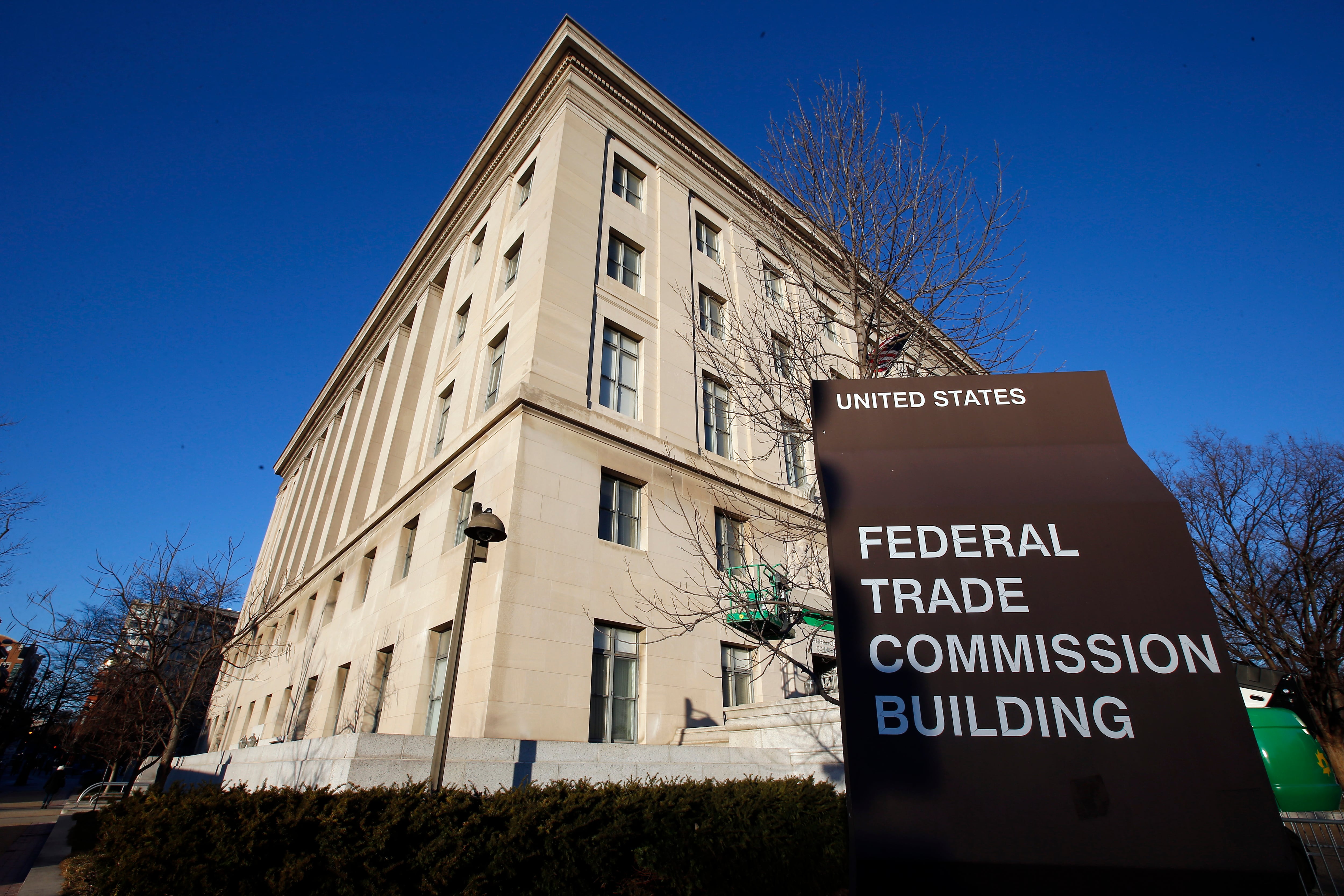Mytheresa ($MYTE), an online luxury platform offering ready-to-wear, bags and accessories for men, women and children, made its debut on the NYSE Thursday. Shares of the company opened at $36 apiece, well above their IPO price of $26. The initial public offering, Mytheresa CEO Michael Kliger told Cheddar, was a company goal since its split with parent company Neiman Marcus in 2020.
“What makes us unique in this space is that we are highly curated and really focused on the inspirational part of luxury,” said Kliger. “We only focus on the true luxury brands from Europe - Italy, France - and we focus on the high-end of the consumer base.”
The business model is working. The company has seen significant growth over the past year, with the number of active users jumping 21.7 percent to 486,000, shipping 1,092,000 orders to 133 countries. This growth, coming hand-in-hand with profitability, is helping spur the company's success.
What sets Mytheresa apart is the focus on curated luxury goods, which more and more consumers have used the internet to buy amid the coronavirus pandemic. The company works with more than 200 coveted luxury brands and has retained all of its brand partners since founding. It’s also retaining its customer base, with return customers accounting for 79.6 percent of net sales in 2020.
Mytheresa stock closed the day Thursday at $31, a 19 percent jump from its IPO.












